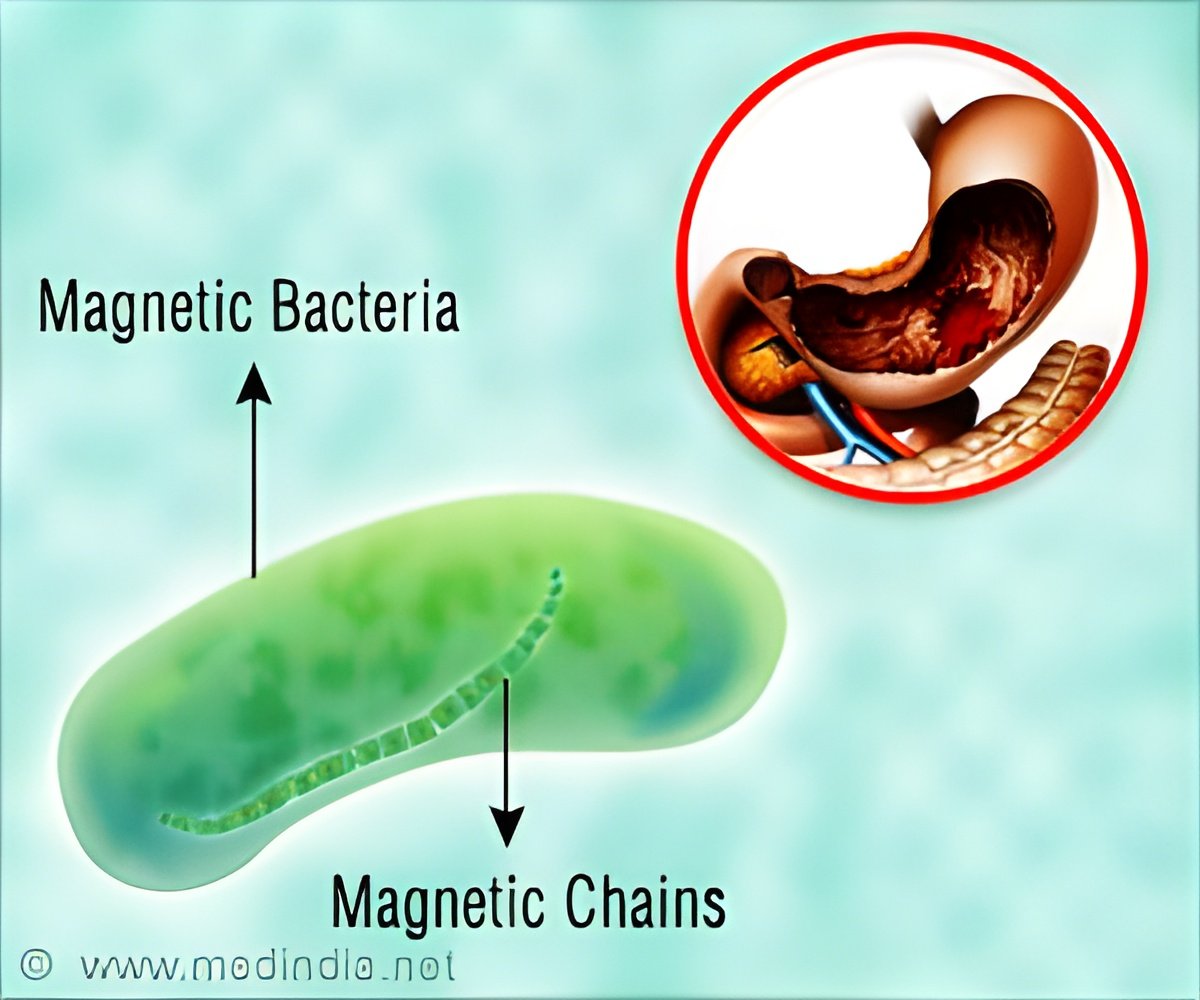Immunotherapy is found to be beneficial for patients with gastric and oesophageal cancers who currently have poor survival,reveals a recent study conducted at ESMO 2020.

‘Addition of nivolumab to chemotherapy becomes the standard of care for first-line treatment and it is found to improve the co-primary progression-free survival endpoint, but not overall survival.’





CheckMate 649:The CheckMate 649 trial (1) evaluated nivolumab and chemotherapy versus chemotherapy alone as first-line treatment in patients with non-HER-2-positive developed gastric cancer, gastro-oesophageal junction cancer, or oesophageal cancer, all with adenocarcinoma histology.
The results reveal that nivolumab and chemotherapy improve overall and progression-free survival in patients with PD-L1 combined positive score (CPS) greater than or equal to 5 tumors.
Improvements were also observed in patients with PD-L1 CPS greater than or equal to 1 tumor and in the overall patient population.
The results are clinically very relevant and reveal that nivolumab and chemotherapy improves overall and progression-free survival in patients with HER2-negative gastric adenocarcinoma, oesophagealgastro-oesophageal junctional adenocarcinoma with PD-L1 CPS greater than or equal to 5 tumors.
Advertisement
The ATTRACTION 4 trial (2) was similar to CheckMate 649 except that it was performed only on Asian patients and the primary endpoints were designed for all-comers, rather than a specific CPS value.
Advertisement
Overall survival was not improved because all-comers were treated or because patients in Asia receive more subsequent therapies than Western populations.
KEYNOTE 590:
The KEYNOTE 590 trial (3) examined first-line chemotherapy, with or without pembrolizumab, in patients with squamous cell carcinoma of the oesophagus, adenocarcinoma of the oesophagus, or Siewert type 1 gastro-oesophageal junction adenocarcinoma.
It revealed that pembrolizumab and chemotherapy improved overall survival in patients with squamous cell carcinoma of the oesophagus with PD-L1 CPS greater than or equal to 10 tumours, all squamous cell carcinomas, all patients with CPS greater than or equal to 10 and the study population as a whole. Progression-free survival was also improved.
“I expect that KEYNOTE-590 will change practice for patients with metastatic squamous cell carcinoma or adenocarcinoma of the oesophagus who have PD-L1 CPS greater than or equal to 10 tumors, for whom pembrolizumab added to chemotherapy will become the standard of care in the first-line, “ said Al-Bartan.
The results of these trials offer oncologists new treatment options. In the first-line setting, there is a clear change of our standard of care, in which patients with high PD-L1 expression will be candidates for immune checkpoint inhibitors plus chemotherapy. However, more data are needed on the subgroups to benefit from the treatment.
Source-Medindia








